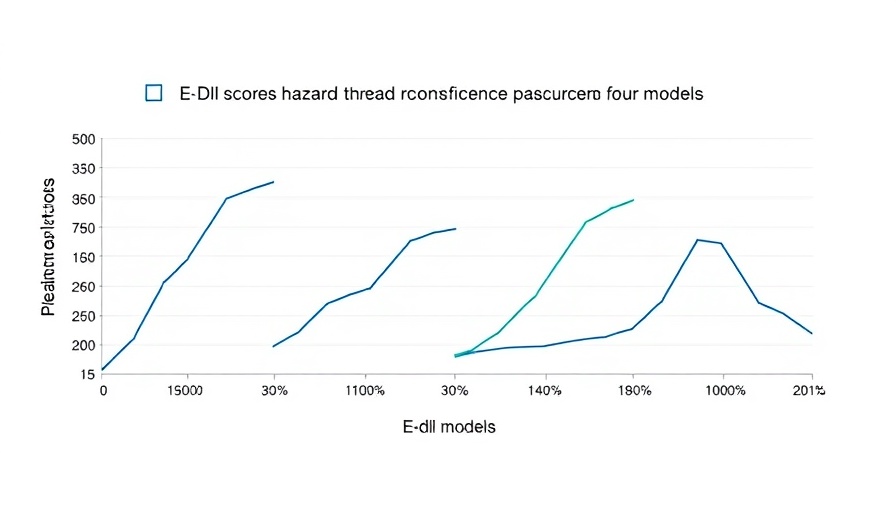
Understanding the Link Between Diet and Metabolic Syndrome
As our understanding of health evolves, the importance of gut microbiota and its connection to metabolic syndrome (MetS) has gained traction. MetS, affecting nearly one-third of U.S. adults, comprises a combination of risk factors including obesity, insulin resistance, and high blood pressure. Studies now suggest that our dietary habits can directly influence the health of our microbiota and, in turn, our susceptibility to metabolic syndromes.
Dietary Index for Gut Microbiota: A Game-Changer
The dietary index for gut microbiota (DI-GM) is a novel framework for evaluating how our diets impact gut health. Recent research indicates a strong inverse relationship between DI-GM scores and the prevalence of MetS. Specifically, for every unit increase in DI-GM, there was an 8% reduction in MetS prevalence, showcasing the profound implications of diet on metabolic health.
The Mediating Role of Body Mass Index
What’s particularly intriguing is the mediating role of body mass index (BMI) in this correlation. The study revealed that BMI accounted for 52.71% of the relationship between DI-GM and MetS. This signifies that while a healthy diet can reduce the risk of MetS by influencing gut microbiota, weight management remains a critical factor in translating dietary improvements into metabolic benefits.
Subgroup Analysis: Who Benefits Most?
Diving deeper into analytics, subgroup analyses indicated that individuals who exercise regularly and abstain from smoking and excessive drinking showed a more pronounced benefit from higher DI-GM scores. For these individuals, adhering to a diet that promotes gut health might be an effective strategy not just for managing weight, but also for warding off metabolic diseases.
Practical Nutritional Insights for Longevity and Health
For those looking to enhance their well-being, a diet rich in prebiotics and probiotics can foster a healthier gut microbiota, thus reducing the prevalence of MetS. Incorporating anti-aging supplements, such as NAD+ supplements and resveratrol, could additionally support cellular rejuvenation and overall vitality. These choices align with emerging trends in longevity-focused diets, which advocate for the integration of healthy fats (like omega-3) and adaptogens into daily nutrition.
Empowering Your Health Journey
Understanding the dynamic role of dietary choices on gut health and the associated impact on conditions like MetS empowers individuals to make informed health decisions. With a focus on nutrition and wellness, especially in the 30-55 age bracket, integrating longevity nutraceuticals, along with regular exercise, can lead to a proactive approach against chronic diseases.
With the recent findings underscoring the importance of gut health in metabolic syndrome management, it’s worth exploring how various supplements, such as collagen for aging skin or CoQ10 for energy production, can complement a healthy diet.
To truly harness the benefits, consider taking actionable steps today. Reflect on your dietary habits, assess areas for improvement, and seek out supplements that align with your health goals. Each positive change can contribute significantly to your long-term metabolic health and overall quality of life.
 Add Row
Add Row  Add
Add 




 Add Row
Add Row  Add
Add 


Write A Comment